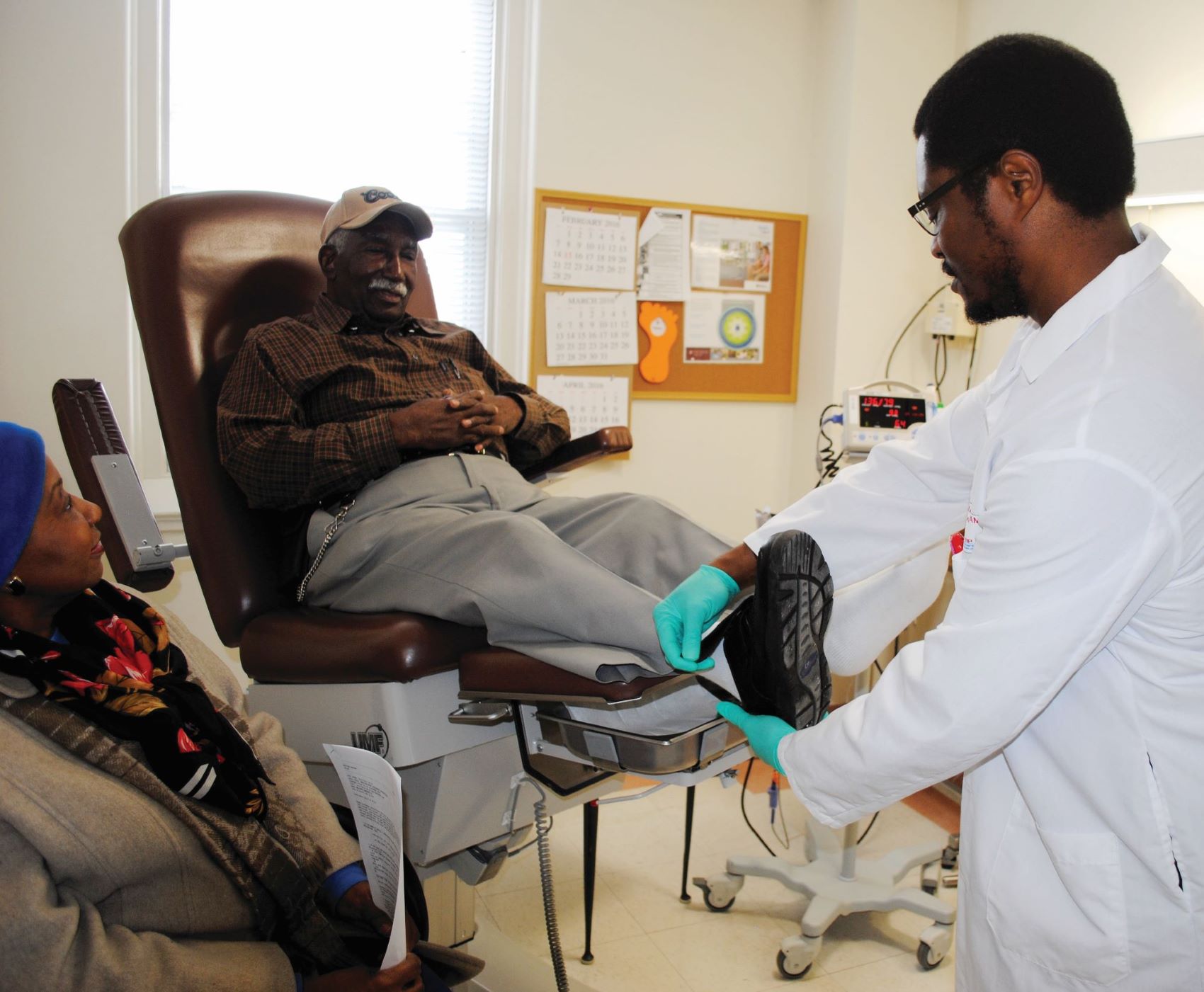Are you a veteran turning 65 this year? Here’s what you need to know about medicare options

Author: Aaron McCoy, Regional Veteran Executive, Humana, U.S. Army Veteran and DAV Lifetime Member
More than 10,000 Americans turn 65 every day. That’s more than 3.6 million new people learning to navigate Medicare each year.
If you were born in 1958, you are joining more than 64 million people eligible for the government’s health insurance program this year.
Here are the key things I recommend you understand before enrolling in Medicare to get the health insurance coverage that best fits your lifestyle.
1) Know your Initial Enrollment Period. If you’re already getting Social Security, you’ll likely automatically get Original Medicare starting the first day of the month you turn 65. If not, you have a seven-month window in which to enroll in Original Medicare, starting three months before your birthday month and ending three months after. For example, if your birthday is in July, your Initial Enrollment Period is April through October. It’s a good idea to enroll before the month you’ll turn 65, since, in most cases, you’ll gain coverage the first day of your birthday month. Otherwise, your coverage may be delayed. Missing this enrollment period could result in future penalties if you later decide to enroll in Original Medicare.
2) Know what to do if you still have insurance through an employer. If you or your spouse have group health insurance from a current employer, you may be able to delay enrolling in Medicare until the employment or coverage ends.
3) Learn how Medicare works with VA benefits and TRICARE and/or CHAMPVA
A Medicare Advantage plan may help reduce gaps in your health care coverage and provide access to additional services and benefits that may not be covered by VA health care.
If you have TRICARE for Life or CHAMPVA and decide to enroll in a Medicare Advantage plan, the Medicare Advantage plan will become your primary coverage and may require that you see only in-network providers.
4) Understand the different types of coverage. Since everyone has unique health needs, the good news is you have options when it comes to Medicare. However, evaluating all those options can feel overwhelming. The first choice you have to make is between Original Medicare and a Medicare Advantage plan to cover your medical appointments and visits to the hospital.
Original Medicare is managed by the federal government and includes Part A (hospital insurance) and Part B (medical insurance). It covers about 80% of medical costs and allows you to use any health provider who accepts Medicare. However, it does not cover most prescription drugs, hearing, vision or dental care.
If you choose Original Medicare, you can choose to add a Prescription Drug Plan (Part D) through a private insurer. If you are concerned about the cost of personally covering 20% of your medical expenses through Original Medicare, you can purchase Medicare Supplemental Insurance, or Medigap, to make your out-of-pocket costs more predictable.
Medicare Advantage plans (Part C) are all-in-one plans offered by private insurers, like Humana, that cover everything included with Original Medicare and may include additional benefits, like dental, hearing and vision care, prescription drugs, transportation to medical appointments, fitness programs and flexible spending allowances, depending on the plans available in your area. Many Medicare Advantage plans also have $0 premiums; however, these plans do have provider networks, so check if your doctors are included in plans you’re considering.
As with any major decision, proper research goes a long way toward making the best plan choice for your personal health care needs. More information is available at medicare.gov and humana.com/Medicare.
You can also call a dedicated toll-free number at 800-238-7159 to talk with a specially trained agent at Humana or arrange an in-person consultation.
Additional Information
Humana is a Medicare Advantage HMO and PPO organization with a Medicare contract. Enrollment in any Humana plan depends on contract renewal.
















